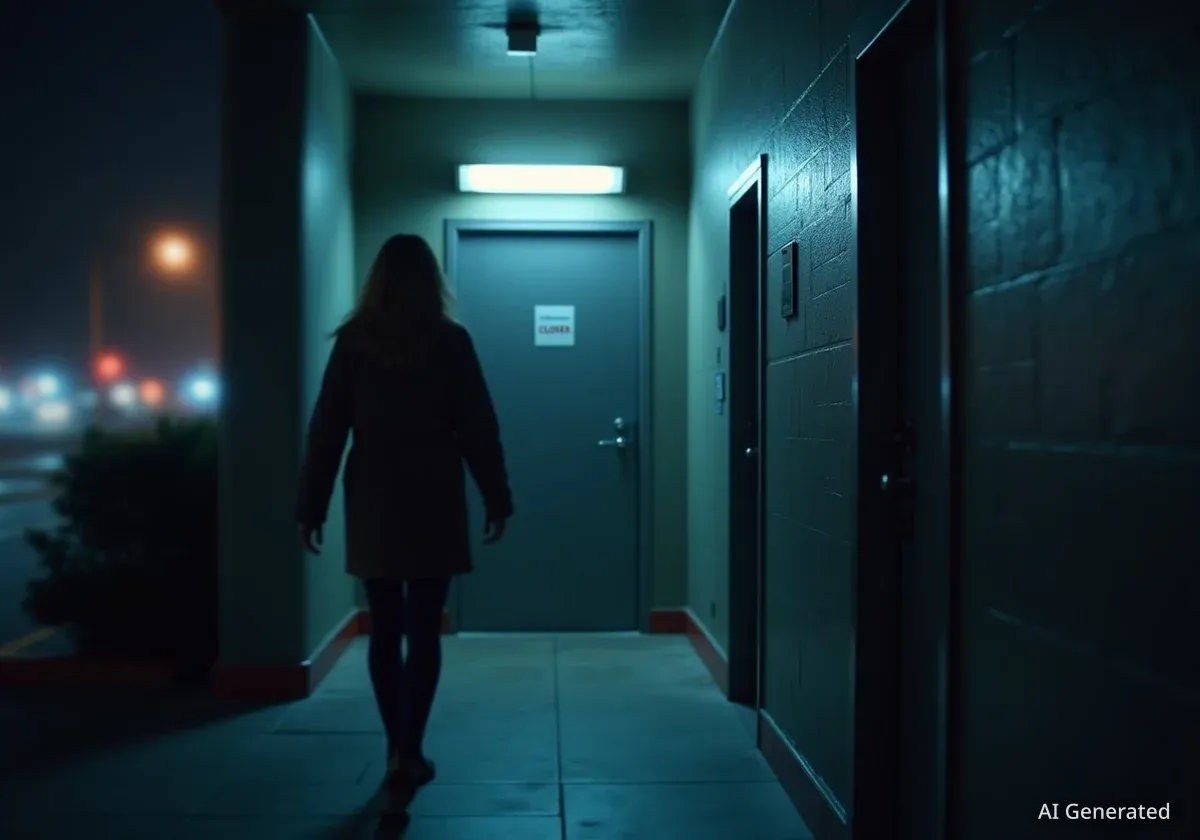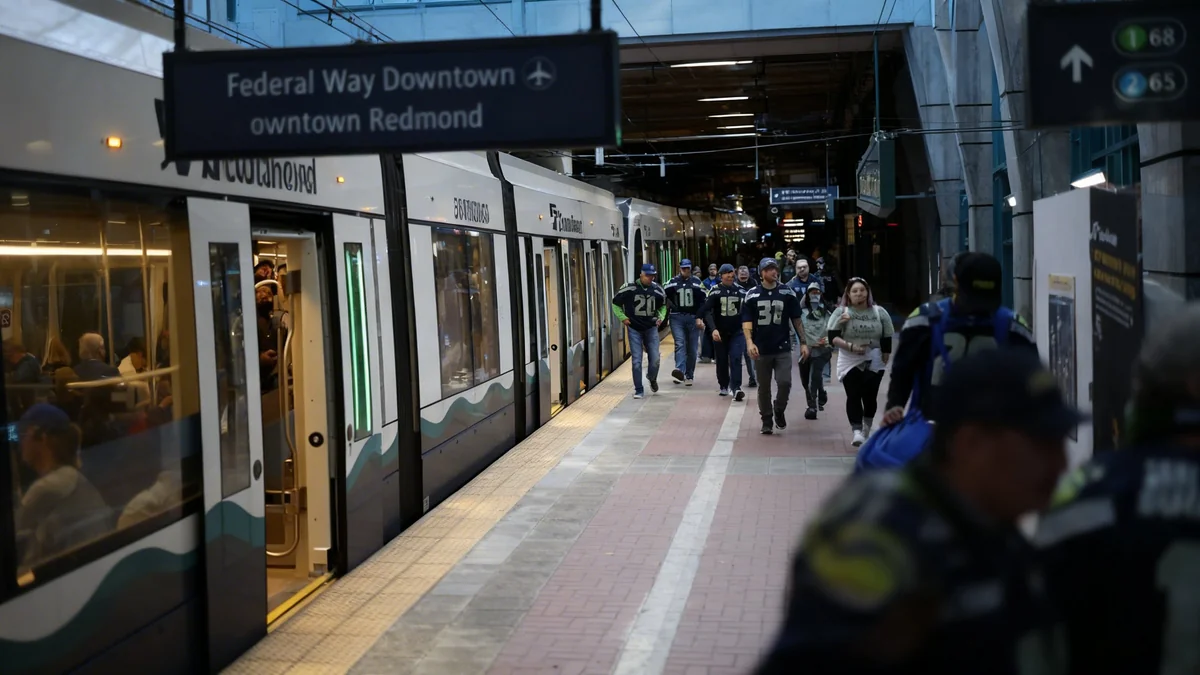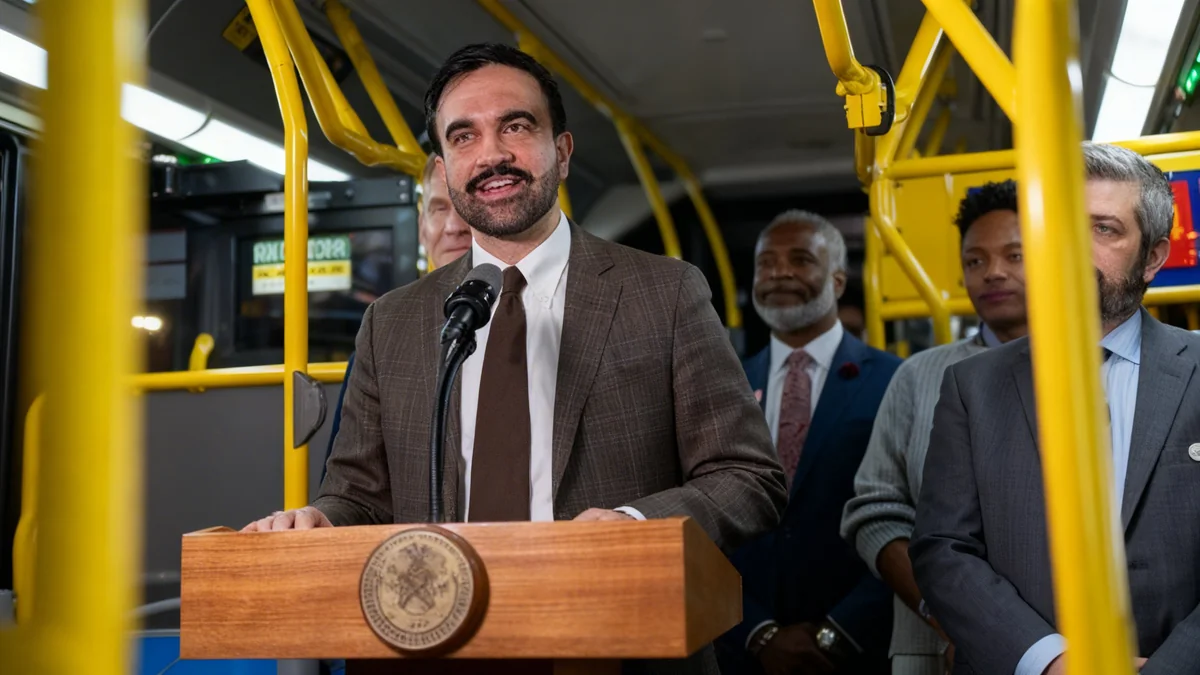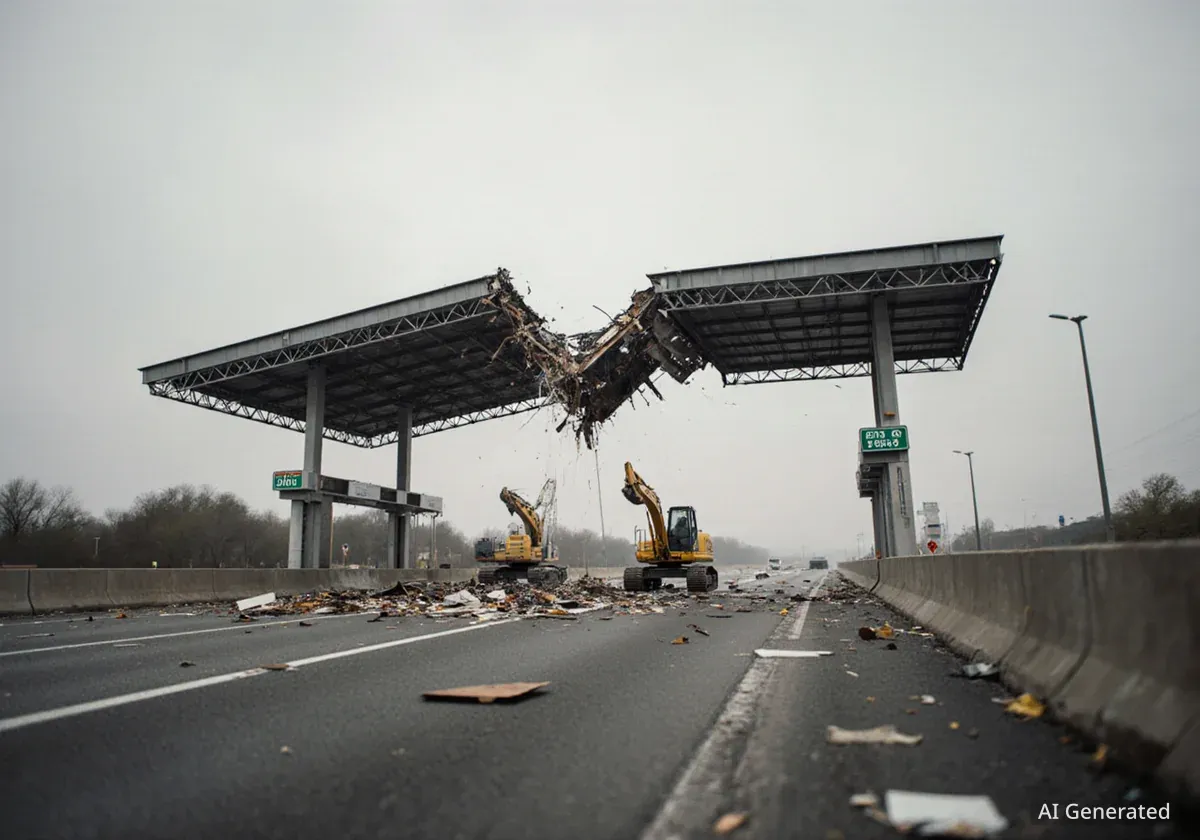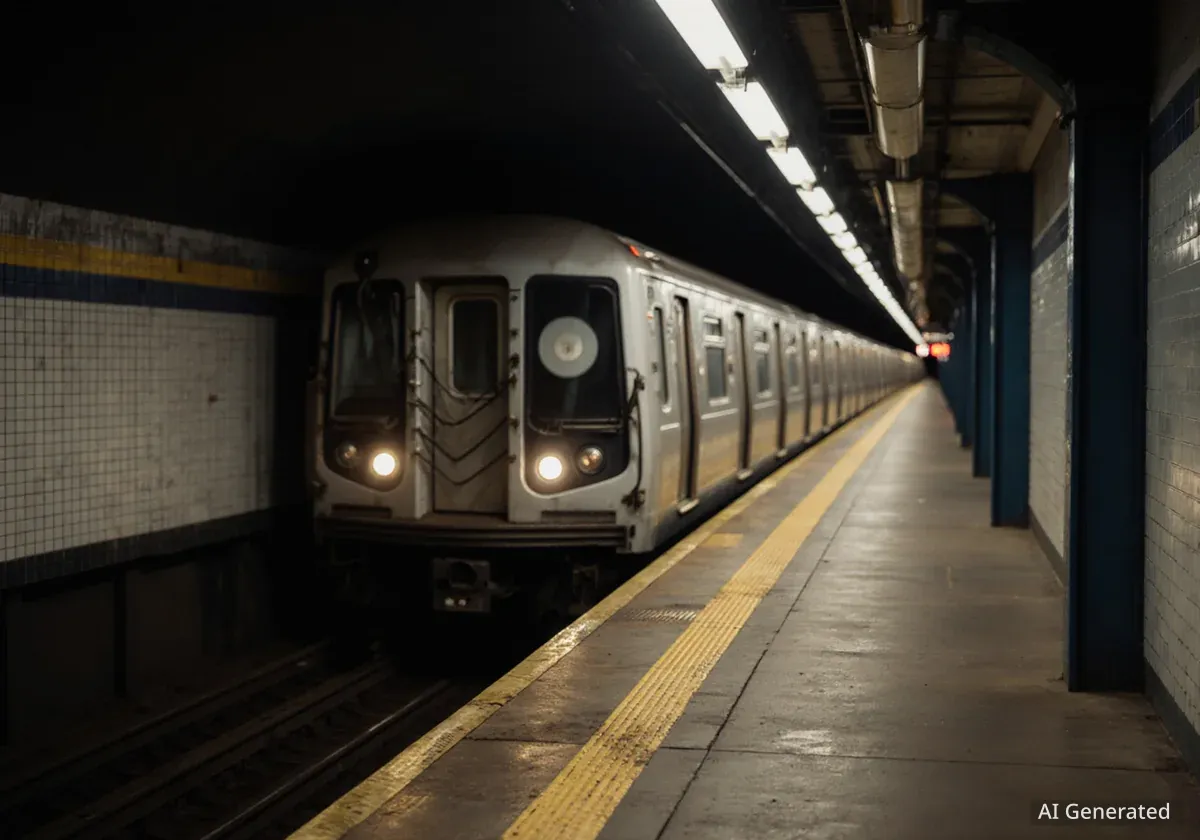Tucson transit centers have implemented new restrictions on public bathroom access, now closing facilities during overnight hours. This change impacts both daily commuters and unhoused individuals who rely on these amenities.
Key Takeaways
- Transit center bathrooms in Tucson now close from midnight to 4 AM.
- The Department of Transportation and Mobility cites vandalism and illegal activities as reasons.
- Unhoused individuals express concern over reduced access to essential facilities.
New Bathroom Hours Take Effect
Signs have appeared at transit centers across Tucson, informing the public that restrooms will no longer be available 24 hours a day. The new policy restricts access between midnight and 4 AM. This decision follows what officials describe as ongoing challenges with facility misuse.
Sun Tran, the public transit operator, stated that the revised hours align with their service schedule. However, some community members believe the closures stem from different issues.
Fact Check
The new bathroom hours are from 4 AM to midnight, meaning a four-hour closure period each night.
Addressing Misuse and Vandalism
The Department of Transportation and Mobility confirmed that the decision to limit bathroom hours was a direct response to various problems. These issues included vandalism, individuals locking themselves inside, and other illegal activities. These incidents often left restrooms unusable for all transit riders, despite regular cleaning and maintenance efforts.
A local resident, Darlene Boonie, who identifies as 'Hot Wheels' among her neighbors near the Tohono Tadai Transit Center, indicated she understands the reasoning. "People use fentanyl in the bathrooms out here," Boonie said. "That's why they haven't got them open, because they're abusing them and they shouldn't be abusing them when other people have got to use them."
"When transit restrooms were open 24 hours, the City experienced ongoing challenges, including vandalism, individuals locking themselves inside, and other illegal activities. These issues often left restrooms out of service for transit riders, despite regular maintenance and cleaning efforts."
— Department of Transportation and Mobility
Impact on Unhoused Residents
For many unhoused individuals, these transit center bathrooms serve as a critical resource. With the new restrictions, access to basic sanitation becomes more difficult. Amy Malicki, an unhoused person in the area, voiced her frustration. "They like to ruin it for us other homeless and it's not right and it's not fair," Malicki stated.
The closures force some to seek alternatives, including using natural spaces, which can lead to other public health concerns. Sarah Medart, another unhoused resident, highlighted a broader pattern of resource reduction. "It's like they take away one resource they take away more resources and they take away more and more resources and they just create bigger, bigger and bigger problems," Medart explained. "They take away the bathrooms they have a fecal matter problem now."
Broader Concerns
The closure of public restrooms is part of a larger discussion about resource availability for vulnerable populations. Access to sanitation, food, and shelter are fundamental human needs.
Community Concerns About Future
The new policy adds to the growing challenges faced by unhoused individuals in Tucson. Many feel that the situation is worsening. The reduction in bathroom access is seen by some as another step that makes daily life more difficult.
Malicki shared her apprehension about the future. "I think it's going to get worse before it gets better and now that I've heard that we're not going to get any more food stamps, that is going to make things 10 times worse," she commented. This sentiment reflects a deeper concern about the availability of essential social services.
- Reduced Access: The primary concern is the loss of 24-hour access to restrooms.
- Public Health: Worries exist about increased unsanitary conditions in public areas.
- Social Impact: The decision disproportionately affects unhoused populations.
The city's transit system aims to provide safe and reliable service, and the bathroom closures are presented as a measure to maintain facility integrity. However, the move has ignited debate about balancing public safety with the needs of all community members, especially those with limited options.

